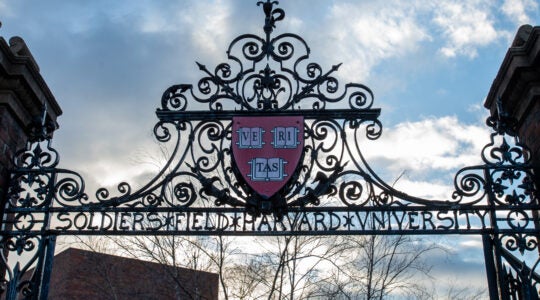The New York Times has a story about the philanthropy of Eli Broad.
Broad, says the Times, has turned Los Angeles, where he has made his home for the past 40 years, into an arts center that it could not have been without the billionaire.
But his philanthropy should not be mistaken for simple charity, reports the Times, as his gifts often come not with strings, but with “ropes that could moor an ocean liner,” as Broad has been known to pull his support and not come through on commitments if things don’t go his way.
Broad’s $2.5 billion foundation has focused primarily on education and the arts, but it has become clear to those who work with him that he has little tolerance for working philanthropically in any manner that is not his own, according to the Times.
Says Lynda Resnick, who is a board member of the Los Angeles County Museum of Art, from whom Broad withheld $6 million of a pledge over a dispute regarding the display of one of his art collections:
“When Eli gives, it is like negotiating a business deal. It is not altruistic. It is not blind charity. And there is a difference between being generous and being charitable. But it doesn’t matter in the end because the good was still done.”
Mr. Broad has been known to pull his financial support for other things.
In 2008 Mr. Broad and the Gates Foundation financed a political campaign, Strong American Schools, with the goal of raising the profile of education among the presidential candidates and the voting public. He and the Gates Foundation promised $60 million.
But Mr. Broad is fond of using a specific matrix to judge the success of his giving. Museums should see attendance rise and giving increase by board members. Schools should see test scores go up.
In the case of Strong American Schools he suggested to Chad Kolton, the communications director for the campaign, that one way to judge its impact would be the number of column inches newspapers devoted to the subject.
The Times surmises that Broad is part of a new breed of philanthropist, who does not come from family money and wants control over his gifts. The way that he works is indicative of a general philanthropic attitude in Los Angeles that, unlike in New York where money is often old and controlled by longtime philanthropic families, is still forming and finding its way.
JTA has documented Jewish history in real-time for over a century. Keep our journalism strong by joining us in supporting independent, award-winning reporting.





